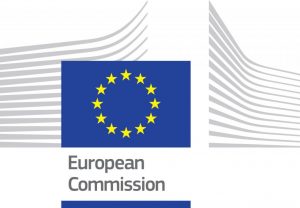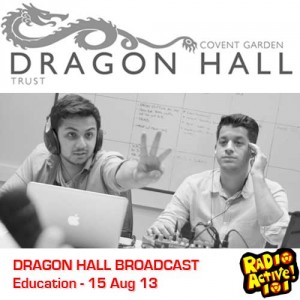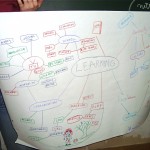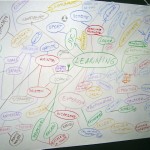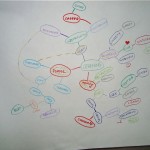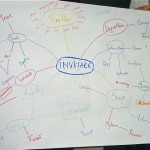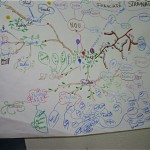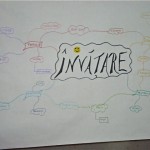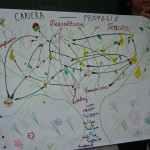MediaInAction project
 Media in Action is a project in educator training in media literacy and storytelling.
Media in Action is a project in educator training in media literacy and storytelling.
The project aims to work directly with educators such as youth and community group leaders, teachers, trainee teachers, teaching assistants, librarians and others involved with education for children aged 6-18. The aim of the project is to answer the pilot study – Media Literacy for All objective to increase the critical thinking towards the media among citizens of all ages by providing training and support materials and workshops to enable educators to set up a media centre within their organisation aimed at increasing the critical thinking towards the media among their students. The project’s web portal is here: mediainaction.eu.
According to our description of work in the project application form, the project’s aims are;
- To foster educators capabilities to better use media literacy with their communities.
- To use digital storytelling inspired by journalistic techniques and connect this with news literacy skills, as an educational tool.
- Contribute to improving teacher training in media literacy.
- Create a european media literacy educators network.
The ethos of the project is to use hands on participatory approach where possible and to promote understanding of media through the process of creating it.
The objectives are;
- To create a bank of media literacy and storytelling resources to support educators.
- To create on online media literacy hub for educators
- To provide face to face training workshops for educators in media literacy and storytelling
- To recruit and support a european network of media literacy educators
- To create a best practices guide to assist educators beyond the life of the project.
The Project is co-financed by European Commission Directorate-General for Communications Networks, Content and Technology as part of the Pilot Project – Media Literacy For All Grant agreement no LC00632803
DURATION OF THE PROJECT – 12 months (02/2018-02/2019)
NAME OF THE CO-ORDINATOR – Pontydygsu Ltd.
NAME OF THE CO-BENEFICIARIES – Cofac – Cooperativa De Formação E Animação Cultural, Crl, Grupo Comunicar, Cooperativa Nuova Dimensione, Knowledge Innovation Centre.
